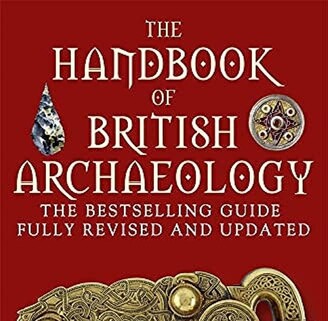- cross-posted to:
- cornwall@feddit.uk
- cross-posted to:
- cornwall@feddit.uk
An enigmatic stone and turf structure on Bodmin Moor that was previously thought to be a medieval animal pen has been found to be 4,000 years older – and unique in Europe.
The rectangular monument was built not in the early medieval period to corral livestock, as recorded by Historic England, but rather in the middle Neolithic, between 5,000 and 5,500 years ago, archaeologists have discovered.
Nothing like it is known in Britain or farther afield, according to experts, meaning that the original purpose of the monument known as King Arthur’s Hall is a mystery.
“There isn’t another one of these anywhere,” said the lead archaeologist, James Gossip. “There is nothing built at that time or subsequently in prehistory that is a rectangular earth and stone bank with a setting of stone orthostats around the interior. There is no other parallel.”
The so-called “hall”, which sits on the western side of Bodmin Moor near Helstone in Cornwall, consists of a banked enclosure measuring 49 metres by 21 metres, lined on the inside with 56 standing stones up to 1.8 metres tall.


